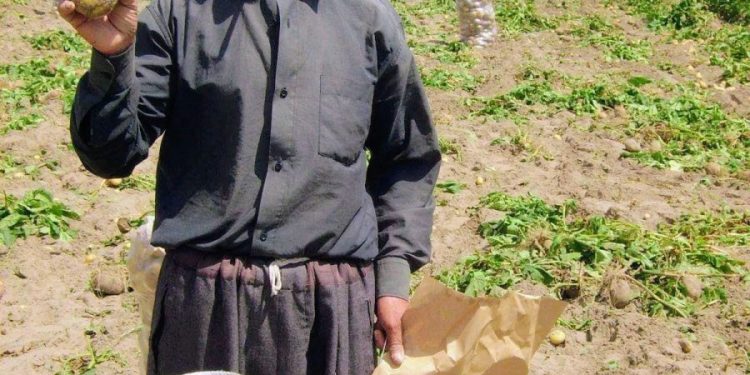In the midst of global economic turmoil, Turkey finds itself grappling with significant challenges, particularly within its agricultural sector. As Kamil AşkınPatates Tarımí ve Sanayi sector reports, the nation stands among those most affected by the current economic strains. With the agricultural sector serving as the backbone for various industries, including pharmaceuticals, fertilizers, energy, fuel, seeds, and mechanization, it’s evident that without sustainable and efficient farming practices, the entire agricultural landscape falters.
Monitoring the meticulous writings, forecasts, and declarations of global companies that provide inputs to agriculture, sustainability emerges as a central theme. Amid concerns of global warming, dwindling soil resources, and water scarcity, there’s a concerted effort towards more effective products and seeds, emissions reduction, and investment in research and development. However, amidst these long-term endeavors, what can be done in the immediate?
In today’s Turkey, where diesel prices have surged to 45 TL and beyond, and with constant fluctuations in currency leading to skyrocketing prices of agricultural inputs like medicines, fertilizers, energy, and seeds, concerns arise regarding the viability of future potato productions and the level of trust in sustainability practices. Optimism has seemingly given way to deep-seated apprehension.
As developed countries in Western Europe witness farmers protesting for their rights, Turkey’s silent struggle persists. Each Turkish farmer or company, quietly refueling tractors and tending to their fields, deserves recognition and support, especially in these trying times. With inflation in EU countries at 3-4%, juxtaposed with Turkey’s staggering 15-fold rate, the need for support becomes even more apparent.
Contracts favoring producers…
Recognizing the severity of the situation, the European Potato Consumption Producers Organization has developed a Contract Tool to compare contract prices offered by different buyers. Urgently calling for a 10% increase in contract prices for the 2024 harvest to cover planting costs and ensure the future viability of potato producers, the data underscores a critical juncture demanding proactive responses to rising costs and uncertainties in the industry.
The 10% increase in contract prices emerges as a strategic move to sustain potato cultivation amidst mounting challenges. While some companies opt for tolerance regarding losses, others incorporate clauses favoring producers, such as gradual price increases based on storage duration for stored potatoes. Strengthening small farmers is paramount for food security and supply, and incrementally increasing incomes, as in our case, will undoubtedly contribute to the inclusive development of a nation with low to moderate income levels.
Should such amendments be considered? Undoubtedly, they warrant discussion.







